John Cale is on a formidable hot streak in his 80s. When the Welsh avant-garde legend released Mercy last year, it was his first album in a decade. But he’s already produced another gem with POPtical Illusion, a masterful tribute to his bleak imagination. Six decades into his career, Cale is making music with a renewed sense of urgency—he hit a creative turning point in the pandemic, in a frenzy where he wrote 80 songs in a year. Yet he’s reached one of the most adventurous phases in his ever-eccentric career.
Part of Cale’s prolific boom comes from his realization that he’s lost so many of his friends, peers, and collaborators in recent years. There’s obviously his old Velvet Underground comrade Lou Reed, while Mercy also had elegies mourning David Bowie and Nico. But it also comes from looking at the world fall apart all around him. Nothing like an apocalypse to give an artist like Cale a blast of late-game inspiration.
POPtical Illusion is full of grim songs about a planet in flames, yet it’s full of playful energy, blending synths and guitars with electronic beats from an elder hip-hop fiend. But it rests on his unique vocal presence, as Cale details his nightmares in his deep, grave, deadpan Welsh brogue. As a guy who’s always thrived on his negative mojo, these songs bring out all his mordant humor. “If you’ve done things you’d wished you’ve never done,” he sings in “Davies and Wales,” “think of the things you’re going to do tonight.”
At 82, Cale has built his whole legend on left-field surprises like this, going back to his earliest days in the NYC classical avant-garde scene, as an apprentice to John Cage. He founded the Velvet Underground with Lou Reed, transforming rock history with his experimental sensibility, not to mention his jittery walk-it-home piano blast in “I’m Waiting for the Man.” He’s blazed his own trail as a singer-songwriter, especially his 1970s “Island trilogy” of Fear, Slow Dazzle, and Helen of Troy. As a producer, he got classic debut albums out of Patti Smith, The Stooges, and the Modern Lovers; he and Reed teamed up for the 1990 Andy Warhol envoi Songs for Drella. In his spare time, Cale took a mega-obscure Leonard Cohen deep cut called “Hallelujah,” revived it with his own 1993 version, then passed it on to Jeff Buckley and watched the song become a standard.
Mercy went heavy on the special guests, as Cale collaborated with younger artists like Lauren Halo, Animal Collective, Sylvan Esso, and Weyes Blood’s Natalie Mering. But POPtical Illusion skips that approach. It’s more focused, with Cale and his longtime collaborator Nita Scott holed up in his on LA studio. These songs vent even more political fury than Mercy. He rages about capitalism, the collapse of democracy, environmental disasters—he even calls one highlight “I’m Angry.” In the seething “Edge of Reason,” he broods about the future, singing, “Seems we’ve gone too far to fix it,” even as he asks, “Can you see the lights through the rain?”
Nobody since Leonard Cohen has had such a creative boom in the eighty-something years, which makes sense since neither of them was ever exacly the starry-eyed idealistic type, even in their younger days. Like Cohen, Cale always loved playing the role of the old man. As always, he’s fixated on corruption, paranoia, and the dark side of human nature. He responded to the negative energy of the Seventies with the famous proverb in his song “Fear,” where he growled, “Fear is a man’s best friend.” But he sings that same line on this album—somehow, in 2024, that sentiment doesn’t sound out of date.
POPtical Illusion is looser than Mercy, more open-ended, as in the clever synth-pop of “Laughing in My Sleep,” which evokes his classic Brian Eno collaboration Wrong Way Up, or the distorted electro-murk of’”Funkball the Brewster.” Cale closes the album with a beautifully doomy piano ballad “There Will Be No River.” From another artist, it might have felt like a final word. But all over POPtical Illusion, Cale sounds fascinated on making the most of the future.







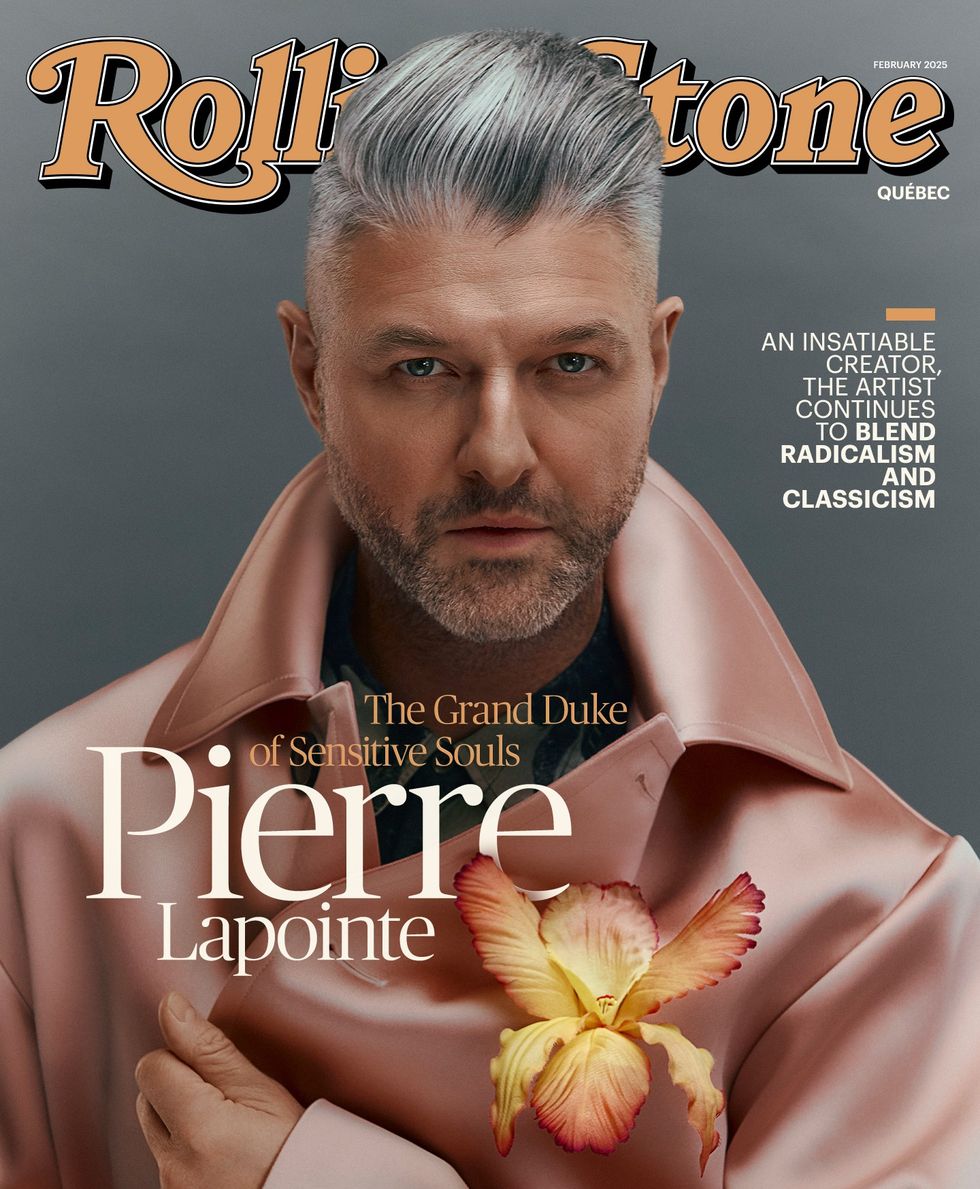 Coat (polyester and wool), shirt (silk), Dries Van Noten, SSENSE.com / Flower (silk), M&S Schmalberg
Coat (polyester and wool), shirt (silk), Dries Van Noten, SSENSE.com / Flower (silk), M&S Schmalberg
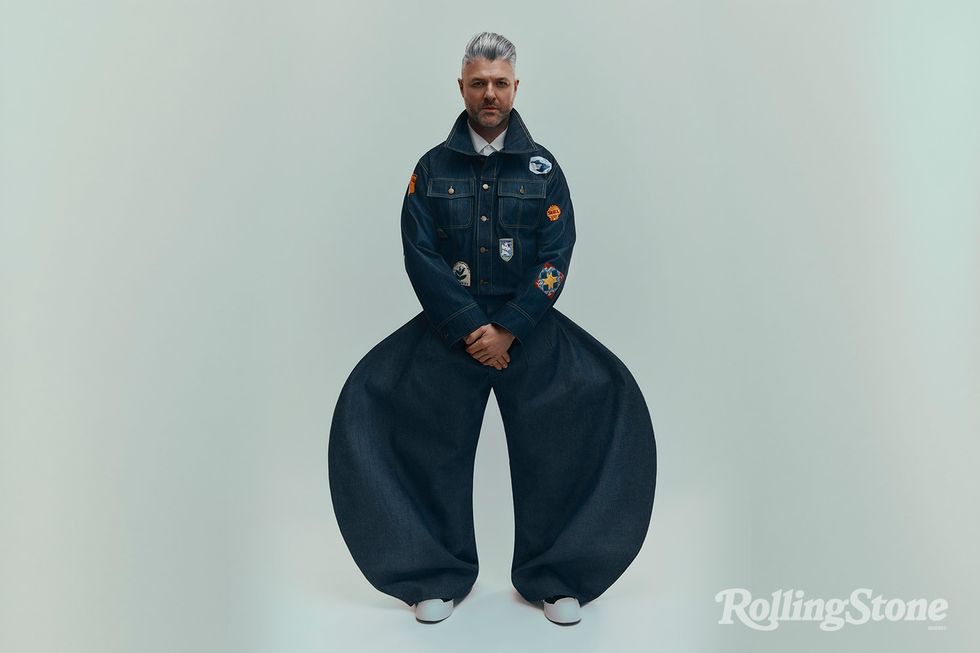 Blouson (denim and hand embroidered patches), WJ Crosson / Shit (polyester), Homme plissé Issey Miyake, Holt Renfrew/Pants from personal collection/ Shoes(canvas), Marni
Blouson (denim and hand embroidered patches), WJ Crosson / Shit (polyester), Homme plissé Issey Miyake, Holt Renfrew/Pants from personal collection/ Shoes(canvas), Marni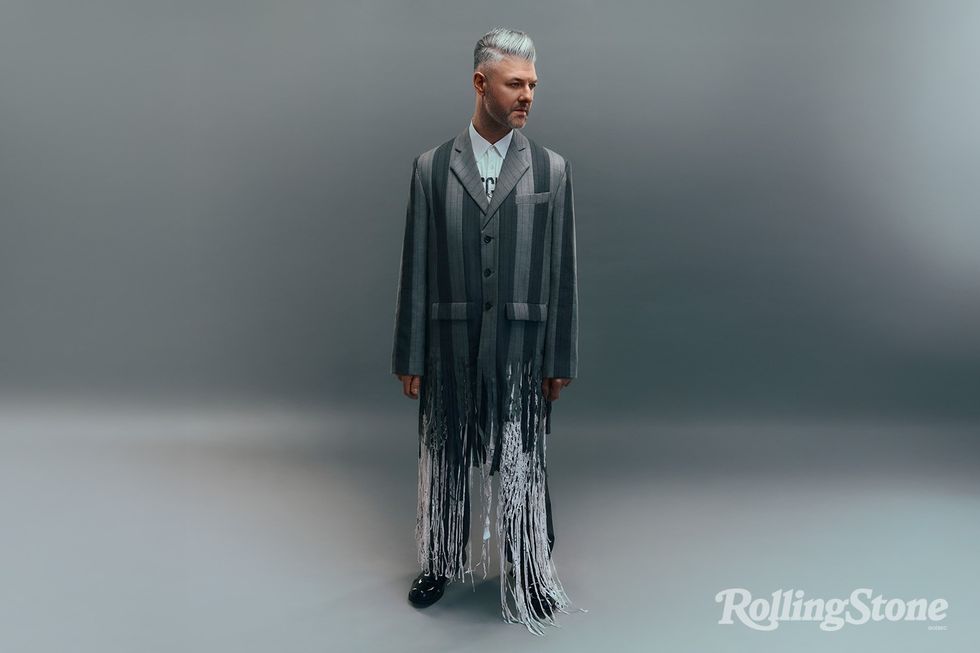 Jacket and pants (virgin wool), shirt (acrylic coated cotton), Moschino / Shoes from Pierre Lapointe's personal collection
Jacket and pants (virgin wool), shirt (acrylic coated cotton), Moschino / Shoes from Pierre Lapointe's personal collection

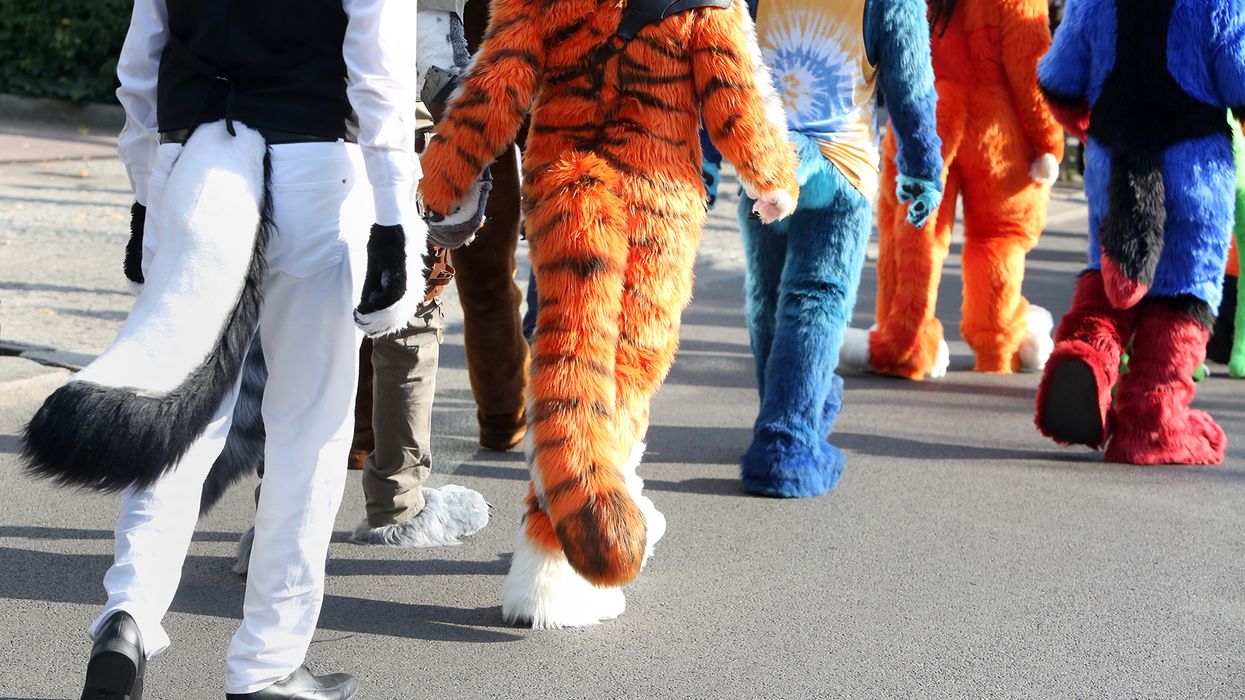
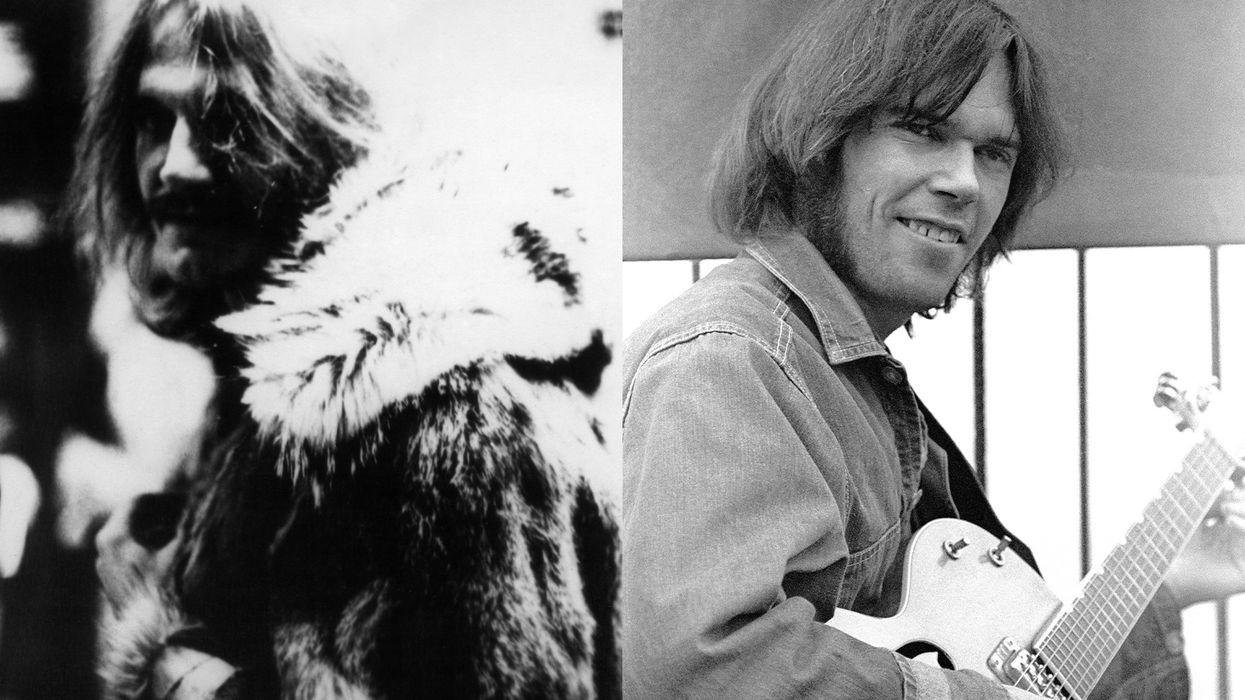


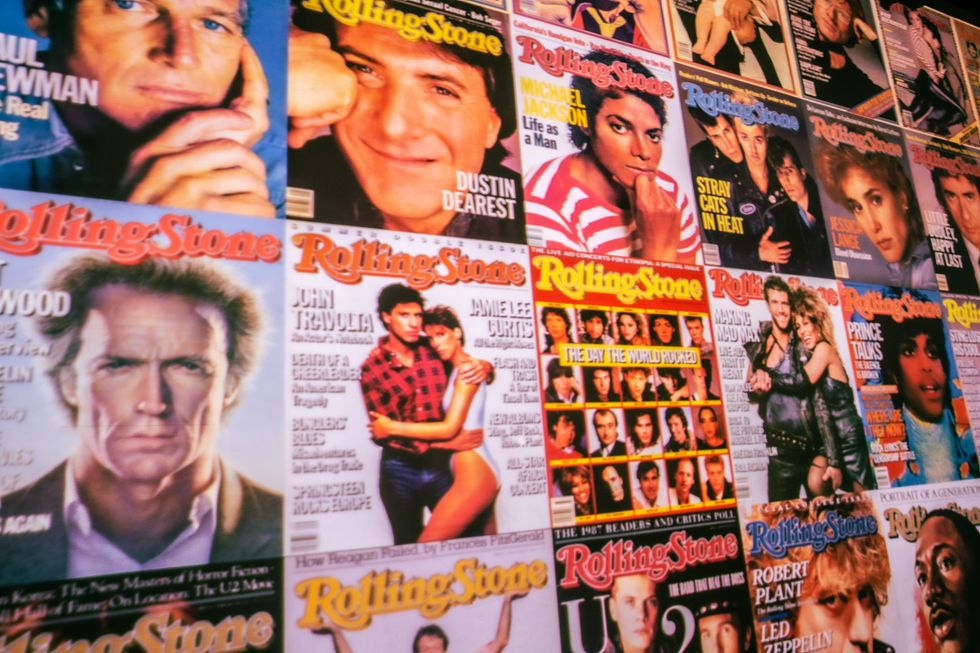
 Catering Presented By The Food DudesPhoto by Snapdrg0n
Catering Presented By The Food DudesPhoto by Snapdrg0n Catering Presented By The Food DudesPhoto by Snapdrg0n
Catering Presented By The Food DudesPhoto by Snapdrg0n Catering Presented By The Food DudesPhoto by Snapdrg0n
Catering Presented By The Food DudesPhoto by Snapdrg0n
 Photographer: Raphaëlle Sohier / Executive production: Elizabeth Crisante & Amanda Dorenberg / Design: Alex Filipas / Post-production: Bryan Egan/ Headpiece: Tristan Réhel
Photographer: Raphaëlle Sohier / Executive production: Elizabeth Crisante & Amanda Dorenberg / Design: Alex Filipas / Post-production: Bryan Egan/ Headpiece: Tristan Réhel Photo: Raphaëlle Sohier
Photo: Raphaëlle Sohier Photo: Raphaëlle Sohier/ Photo production: Bryan Egan/ Blazer:
Photo: Raphaëlle Sohier/ Photo production: Bryan Egan/ Blazer:  Photo: Raphaëlle Sohier/ Blazer: Vivienne Westwood/ Skirt :
Photo: Raphaëlle Sohier/ Blazer: Vivienne Westwood/ Skirt : 

